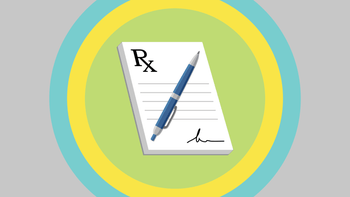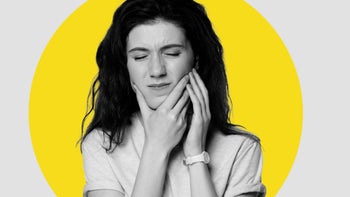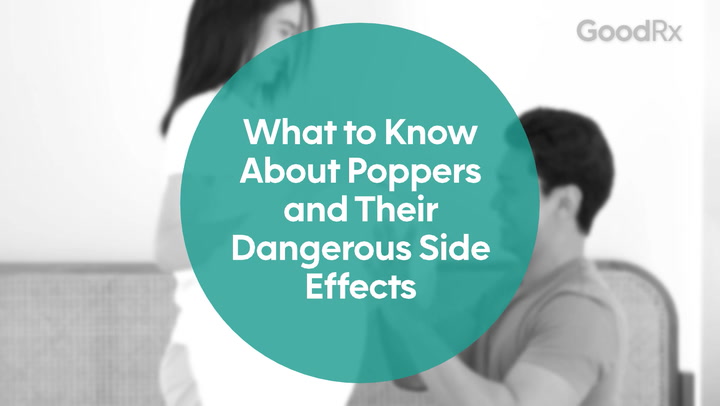GoodRx Guide
Substance Use: Your GoodRx Guide
The basics
Substance use is a broad term. It refers to using certain products with desired side effects. These products have the potential to cause harm if they are used too much or in dangerous ways. Some examples include:
Cannabis (or marijuana)
Illegal drugs, like heroin and cocaine
Some people use substances recreationally. Other people can become dependent or addicted to them. Dependence and addiction are harmful. They can cause problems in many areas of a person’s life, including their work, relationships, and physical and mental health. They can also have long-term effects on the brain.
It is possible to use some substances in a healthy way, such as caffeine or alcohol. A person who uses substances in moderation does not experience the same problems as someone who is addicted or dependent.
How can you use substances in a healthy, responsible way?
Some substances can be used in moderation without causing problems in a person’s life. Coffee is a good example of a substance that many people consume on a daily basis. If used moderately, it does not necessarily have a significant negative impact on their health.
People are also finding ways to develop a healthy use of alcohol. This can include paying attention to moderate drinking limits.
The sober curious movement is another way to approach drinking alcohol responsibly. It involves getting curious about your drinking habits, participating in sober activities, and increasing your support network of other people interested in sobriety.
Other substances, like heroin, have a high potential for dangerous consequences like overdose.
Other substances like cannabis are less clear. While there are no established guidelines on how to use cannabis in moderation, some people may use it recreationally without experiencing problems.
Search and compare options
How do you know if drug or alcohol use is becoming a substance use disorder?
Substance use disorder is a condition where a person uses substances in a way that negatively affects their life. There are several signs that could indicate that you have a substance use disorder. Some signs include:
Taking more of a substance over time
Difficulty quitting or cutting back
Changes in your physical or mental health that are likely caused by substance use
If you suspect that you may have a problem with a particular substance, consider asking yourself questions like:
Have I stopped spending time with loved ones or engaging in activities that I used to enjoy?
Have drugs created conflicts or worsened relationships with friends, family, or coworkers?
Do I continue using substances despite negative events in the past or risk of negative events in the future?
If you answer “yes” to these questions, then your use may be a problem. Your healthcare provider is a good place to start. This can feel intimidating, but they want to answer your questions and find you the right support.
Common concerns
There is no specific definition, but regular drug use refers to using drugs consistently, such as every day or several days a week. People who use drugs regularly are often addicted, meaning that they continue to use substances even though they experience problems because of their use. Some signs that a person is having problems with substances include:
Prioritizing substances over work, school, and family
Spending a significant amount of time or money on the substance
Experiencing physical or mental health problems because of a substance
The 10 most commonly used drugs are:
Cocaine
Heroin
Prescription pain relievers
Prescription tranquilizers
Prescription stimulants
Inhalants
Ecstasy
LSD
Moderate amounts of alcohol are not considered harmful, but drinking any more than that can have negative effects on your health. Alcohol can affect your brain and your heart, and also your pancreas and liver.
People who drink more than the recommended guidelines for moderate drinking are at risk of developing health conditions like high blood pressure, heart and liver problems, and certain cancers.
More information
Substance Abuse and Mental Health Services Administration: Marijuana Risks
Centers for Disease Control and Prevention: Dietary Guides for Alcohol
National Institute on Drug Abuse: Understanding Drug Use and Addiction
If you or someone you know struggles with substance use, help is available. Call SAMHSA’s National Helpline at 1-800-662-HELP (4357) to learn about resources in your area.
References
Budney, A. J., et al. (2007). Marijuana dependence and its treatment. Addiction Science & Clinical Practice.
Centers for Disease Control and Prevention. (2020). Dietary guidelines for alcohol.
National Institute on Alcohol Abuse and Alcoholism. (n.d.). Alcohol’s effects on the body.
National Institute on Drug Abuse. (2019). Step by step guides to finding treatment for drug use disorders.
National Institute on Drug Abuse. (2020). Drugs, brains, and behavior: The science of addiction.
National Institute on Drug Abuse. (2021). Heroin drug facts.
Substance Abuse and Mental Health Services Administration. (2020). Key substance use and mental health indicators in the United States: Results from the 2019 national survey on drug use and health.


























